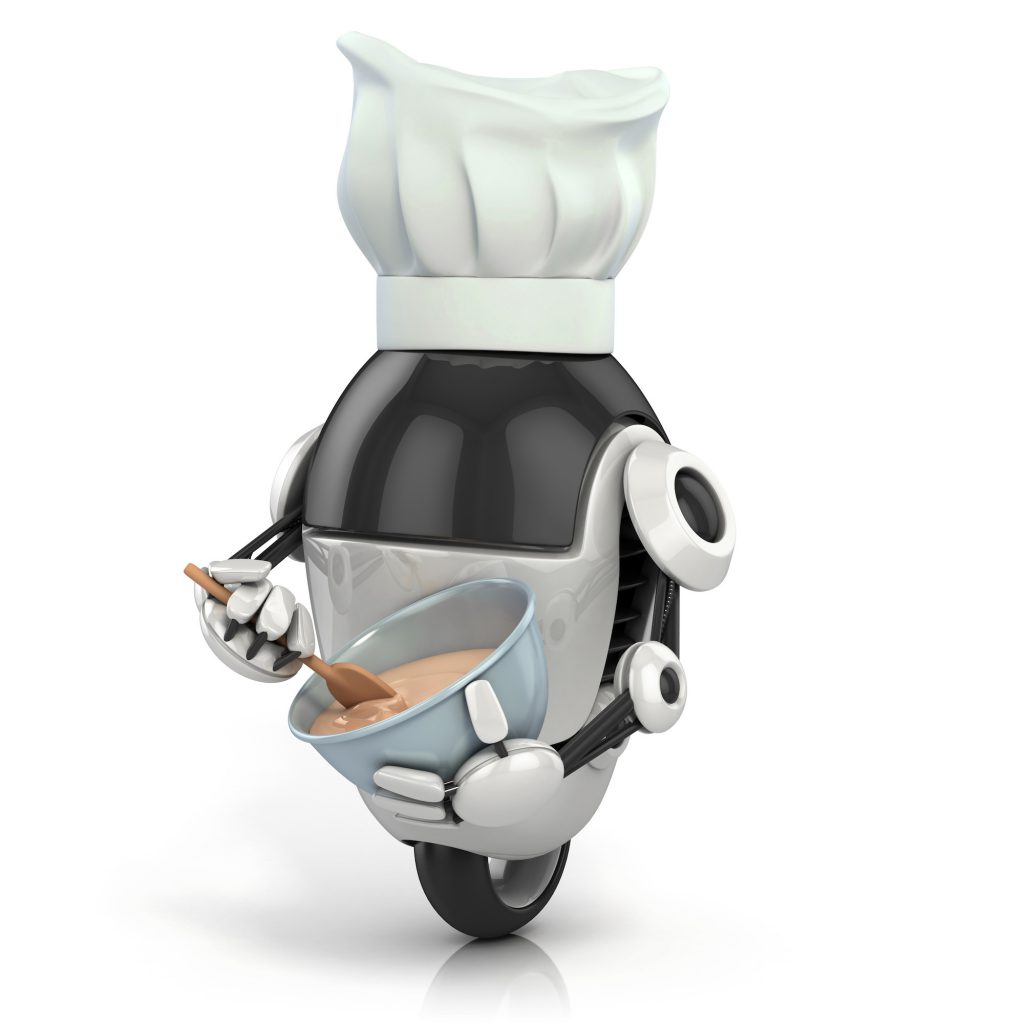The Joys (and Concerns) Over Assisted Cooking
By Carley Knobloch
It’s 6:30 p.m., and I’m pulling a juicy roast beef from the oven. The roast is perfectly crusted with rosemary and ringed by caramelized onions and golden potato wedges. I slice into the buttery-soft meat and practically swoon—this dinner deserves a Michelin star. Ambitious for a weeknight dinner? Not if you have the power of assisted cooking technology. Thanks to artificial intelligence baked into your cooking appliances, you can now program your oven to go into auto-pilot like you do your car, then lean back as it “senses” your dinner, then sears, bakes, roasts and warms it to perfection.
Roast beef aside, the path to universal acceptance of assisted cooking in kitchens everywhere won’t be easy. Consumers are excited, but with a healthy dash of concern. Below, I’ve outlined some of the joys and concerns about assisted cooking, along with ways to win consumers’ hearts.
It will give me back time!
With a family, a job and all the regular demands of life, I often barely have enough time or energy to get a simple meal on the table. Letting my appliances do the lion’s share of the “thinking” about dinner would afford me a few more minutes to help the kids with homework, or to put those last emails out into the universe before dinner’s ready. The instant the roast is done, I’ll get an alert on my app, without having to check and recheck it? I’m interested…
You’ll be more adventurous in the kitchen!
Admission: I’ve never actually cooked a rack of lamb (it seems daunting and too expensive to mess up). I’d be more inclined to give it a try, however, if all I had to do was place it into an oven that identified it for me, add a temperature-monitoring probe and go work on a side salad or sauce, knowing the smart oven would take it from there. Look out—I’d be more of a risk-taker in the kitchen.

You’ll use up all that food about to go bad!
If my refrigerator knows what’s lying around, or my oven could dial up and execute a brilliant recipe based on what’s in the vegetable bin, that would help me make use of that broccoli I bought earlier this week or that tofu that was hiding behind the miso paste. Help not wasting food would be incredibly valuable to my conscience (and wallet).
On paper, this all sounds great to consumers, but those I’ve talked to also feel a bit threatened—like technology is asking them to step aside while it takes the reins (and the credit) for putting dinner on the table. Sure, on any given day I might be mopping my brow and complaining about the grind of getting dinner on the table (like so many of us do). But I’ve been honing my cooking skills since I was a teen and do love the art of it. There is something wonderful about flipping over a perfectly caramelized steak in a cast iron skillet or feeling a handful of fresh herbs give way to your chef’s knife. I don’t want to entirely give that experience up, nor the feeling you get when you place a you-cooked meal on the table and watch your family tear into it.
Here are some more concerns I’m hearing about the connected kitchen, and what manufacturers can do to alleviate the consumers’ kitchen nightmares:
Is it crazy expensive?
Technology doesn’t come cheap. But when you’re asking people to give up what they’re comfortable with, the tools they’ve used for years to feed themselves three times a day? Affordability helps.
 Will it make things more complicated?
Will it make things more complicated?
Putting bread in a toaster and pushing down a tab shouldn’t require an app. Ditto for using complicated scales to measure a teaspoon of this and a pinch of that. The brilliant engineers behind all this machine learning deserve lots of kudos for their innovations, but if it makes the quotidian practices of cooking complex, people won’t buy in.
Will it restrict my options?
Many assisted cooking gadgets require you to use their recipes (which can carry a separate charge, even after you buy their hardware!), their subscription meals or their cooking tools. That’s a tall order for consumers, who may not be anxious to part with their current set-up. Manufacturers will need to be sensitive to a consumer’s reluctance to take a full leap of faith into their ecosystem—offering lots of free functionality, risk-free trial periods and lots of education, support and good moves.
Will it take away tradition?
How will a smart oven help me make my aunt’s famous meatballs or my Bubby’s chicken patties? Sometimes food isn’t just about eating, it’s about history, nostalgia and tradition. A robot doesn’t understand these intangibles, but the humans who are buying them do. Allowing consumers to capitalize on AI with their own recipes will make assisted cooking tools infinitely more accessible to the average cook.
I want help in the kitchen for sure—who doesn’t? And the technology they promise is miraculous and will save you not only time and money, but the frustration of another overcooked side dish or burnt entrée. But assisted cooking devices have a long way to go before consumers adopt them en masse. They’ll have to provide just the right amount of assistance, for the right price, to make it irresistible.



